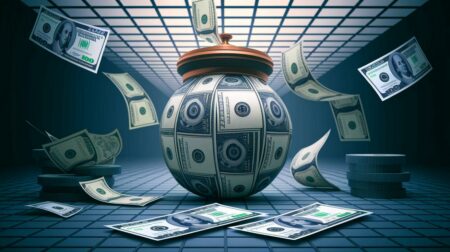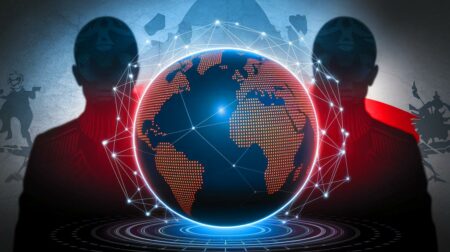Some of the biggest names among global corporations – Unilever, IKEA, Harrods, GlaxoSmithKline – head to the EuroPackSummit 2018 in Switzerland on September 3 to hear about packaging innovations. When they do, David Katz will be there to pitch “social plastic.”
Social Plastic® is a solution to earth’s overwhelming plastic pollution problem that relies on the simplest of concepts: Make the plastic too valuable to throw away, and leverage the value to reduce poverty. By using Blockchain, Katz and his partners help to create economic opportunity for people living in poor and least developed countries like Haiti, while creating high-visibility markets for certified recycled plastics.
“We are now the largest chain of stores for the impoverished, where everything can be purchased using plastic garbage,” Katz told EuroPack ahead of his keynote address. “This includes school tuition, cell phone minutes, WiFi access, medical insurance, cooking oil, fortified milk, fuel, and a variety of other necessities. People who cannot afford these items no longer see plastic as garbage.”
Katz and Shaun Frankson launched the idea in Canada in 2013 with Plastic Bank, the Vancouver-based company that has attracted awards from the United Nations at COP23 to the Vatican. Their idea caught on with industry leaders under consumer pressure to end plastic pollution. In November, for example, German firm Henkel announced it would add their recycled plastic into its personal care and home product packaging.
Companies who buy the collected and recycled Social Plastic® do so at a premium, but they know they’re meeting consumer expectations about plastic. At the same time, even a lowball rate of 50 cents per kilogram adds up to a USD$4 trillion value for the poor and people in developing nations, Katz says.
Plastic Bank is an advocate for reducing all plastic use, but the company is realistic about the scope of the problem. Images of ocean plastic washing up in the Philippines or clogging waterways during India’s recent floods offer photographic evidence of pollution that spans the globe and is only getting worse.
Existing plastic poses a threat to both marine and human life, impacts habitats and ecosystems, and disproportionately affects the world’s poor today while compromising a sustainable future for us all. So Katz and his team enlist businesses to build the global network to encourage plastic recycling and create jobs.
The win-win for people who clean up plastic is that they can exchange it as a currency in Plastic Bank stores, or even open a store themselves, while reducing pollution impacts on an environment that is still their primary livelihood. They barter plastic for goods, or use the secured digital tokens from Blockchain for an easy app-driven income stream. People without mobile phones can earn one by quickly by recycling the plastic.
“You can take plastic waste to be weighed at one center and have the value deposited into any account,” Katz explains. “Someone in Germany can transfer digital value into the solar lamp of an impoverished family in Haiti. Then, people can track the material within the supply chain, see where it is coming from, which lives were changed, how many children went to school as a result, and so on.”
In addition to Haiti and Philippines, Plastic Bank has programs in Brazil, Indonesia and South Africa.
(Image: Plastic Bank Haiti)
Did you like it? 4.4/5 (28)









